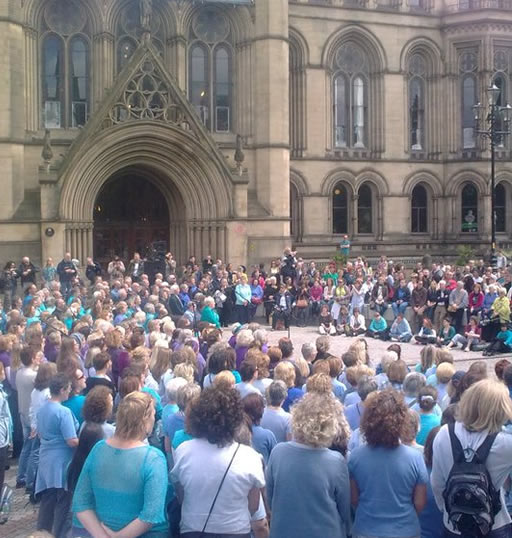In an excellent radio adaptation of Lindsey Davis’ novel, The Iron Hand of Mars, that I listened to today, some of the action takes place in Germania Magna, the area of Germania east of the Rhine that at the time (72 AD) was not part of the Roman Empire. At that time many different tribes lived there speaking Germanic, Celtic, Scythian, Baltic and Slavic languages, or ancestors of those languages. In the radio version of the story the Germanic people encountered in Germania Magna, or Free Germany, speak Welsh – an interesting use of a modern language to stand in for an ancient one. There were Celtic tribes in that region at that time, but the languages they spoke probably weren’t quite like modern Welsh.
Germania, or De Origine et situ Germanorum, by Cornelius Tacitus, which was written in 98 AD, provides more information about that region in the first century AD. He mentions a number of languages, including that of the Aestii, “who have the religion and general customs of the Suebi, but a language approximating to the British.” and who dwelled on the “right shore of the Suebian sea”. However, according to this source, the Aestii were probably Balts, ancestors of the Lithuanians, Latvians and Prussians and spoke a Baltic language.
Have you come across other examples of modern languages standing for ancient ones in this way?
